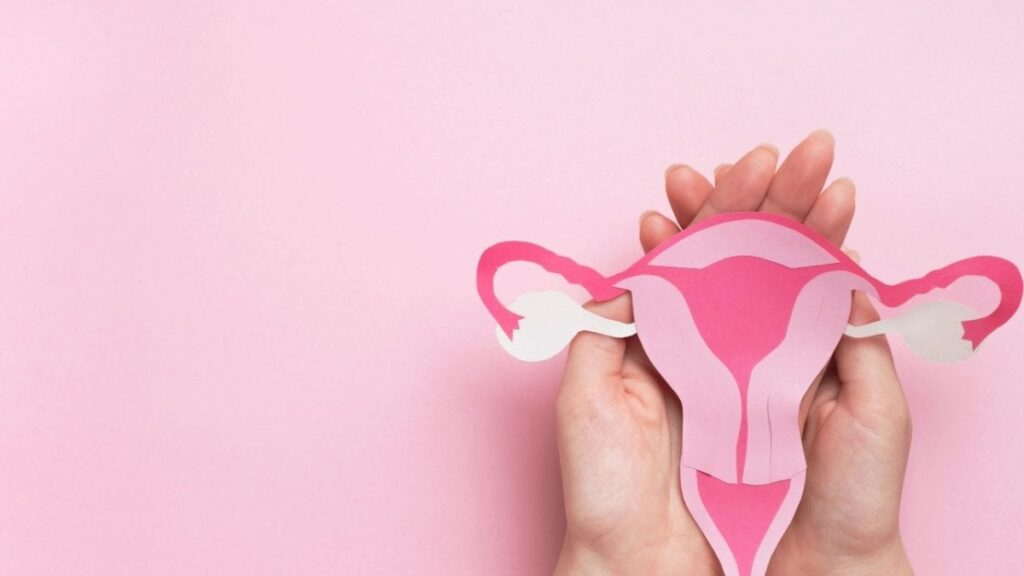Here’s Your Checklist for Maintaining Reproductive Health for Different Age Groups


By prioritizing women’s reproductive health and implementing evidence-based strategies, we can empower women to lead healthier lives and contribute to the overall well-being of society.
Given the varying needs and concerns across different age groups, maintaining reproductive health requires tailored approaches
Reproductive health is a crucial aspect of overall well-being, encompassing a wide range of physical, emotional, and social factors. It involves not only the absence of disease but also a state of complete physical, mental, and social well-being in relation to the reproductive system. Given the varying needs and concerns across different age groups, maintaining reproductive health requires tailored approaches. Dr Parul Gupta, Nova IVF Fertility, Vasant Vihar shares a comprehensive checklist for different age groups to ensure optimal reproductive health.
Adolescence (Ages 10-19)
Adolescence is a critical period for establishing healthy habits and understanding reproductive health.
Education and Awareness:
- Comprehensive sex education covering anatomy, puberty, consent, and safe sex practices.
- Awareness about menstrual health for girls and understanding bodily changes for boys.Vaccinations:
- Human Papillomavirus (HPV) vaccine to protect against cervical and other types of cancers.
- Hepatitis B vaccine for protection against liver infections.Mental Health Support:
- Addressing body image issues and providing support for mental health concerns.
- Encouraging open communication about sexual health and emotions.Regular Check-ups:
- Annual physical exams to monitor growth and development.
- Gynecological visits for girls who have started menstruating.Healthy Lifestyle Choices:
- Balanced diet and regular physical activity.
- Avoiding tobacco, alcohol, and drug use.
Young Adults (Ages 20-35)
This stage often involves higher risks and more active reproductive choices.
Contraception and Family Planning:
- Exploring and choosing appropriate contraceptive methods.
- Preconception counseling for those planning to start a family.Regular Health Screenings:
- Pap smears and pelvic exams for women to screen for cervical cancer.
- STI screenings for sexually active individuals.Healthy Sexual Relationships:
- Encouraging mutual consent, respect, and safe sex practices.
- Managing stress and maintaining a healthy work-life balance.Preconception Health:
- Folic acid supplementation for women trying to conceive to prevent neural tube defects.
- Managing chronic conditions like diabetes or hypertension before pregnancy.Lifestyle Choices:
- Maintaining a healthy weight and avoiding excessive alcohol consumption.
- Regular exercise and a nutrient-rich diet.
Middle Age (Ages 36-50)
Reproductive health in middle age involves both prevention and preparation for changes associated with aging.
Menopause Preparation:
- Education on the signs and symptoms of perimenopause and menopause.
- Managing menopause symptoms through lifestyle changes and medical interventions if necessary.Screenings and Health Checks:
- Regular mammograms starting at age 40 or earlier based on family history.
- Continued Pap smears and pelvic exams as recommended by healthcare providers.Fertility Considerations:
- Understanding the decline in fertility and exploring options like assisted reproductive technologies if needed.Healthy Lifestyle:
- Emphasizing a balanced diet rich in calcium and vitamin D to maintain bone health.
- Regular physical activity and weight management to reduce the risk of chronic diseases.Mental Health and Stress Management:
- Seeking support for mental health issues such as anxiety and depression.
- Stress management techniques like yoga, meditation, and therapy.
Older Adults (Ages 51+)
Maintaining reproductive health in older adulthood focuses on managing aging-related changes and preventing diseases.
Post-Menopausal Care:
- Regular bone density tests to monitor for osteoporosis.
- Hormone replacement therapy (HRT) considerations and alternatives.Cancer Screenings:
- Continued mammograms and colonoscopies based on age and risk factors.
- Prostate cancer screenings for men.Sexual Health:
- Addressing changes in sexual function and libido.
- Safe sex practices to prevent STIs, which can still be a concern.Chronic Disease Management:
- Managing chronic conditions like diabetes, hypertension, and heart disease.
- Regular check-ups and medication adherence.Mental and Emotional Well-being:
- Staying socially active and engaged to combat loneliness and depression.
- Cognitive health maintenance through mental exercises and healthy living.
heres-your-checklist-for-maintaining-reproductive-health-for-different-age-groups





